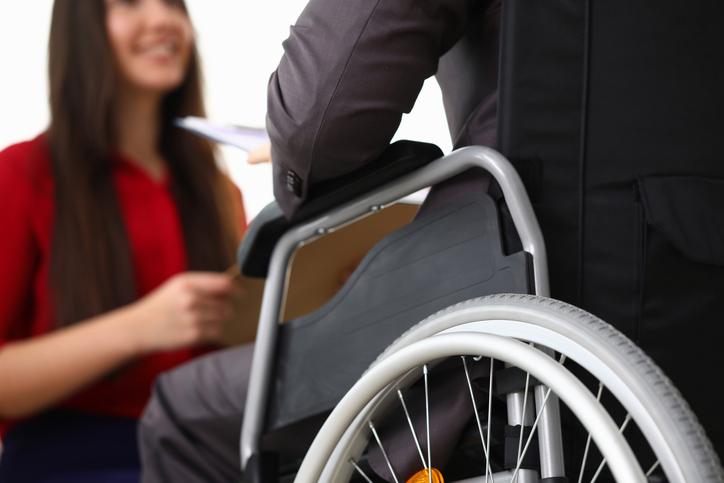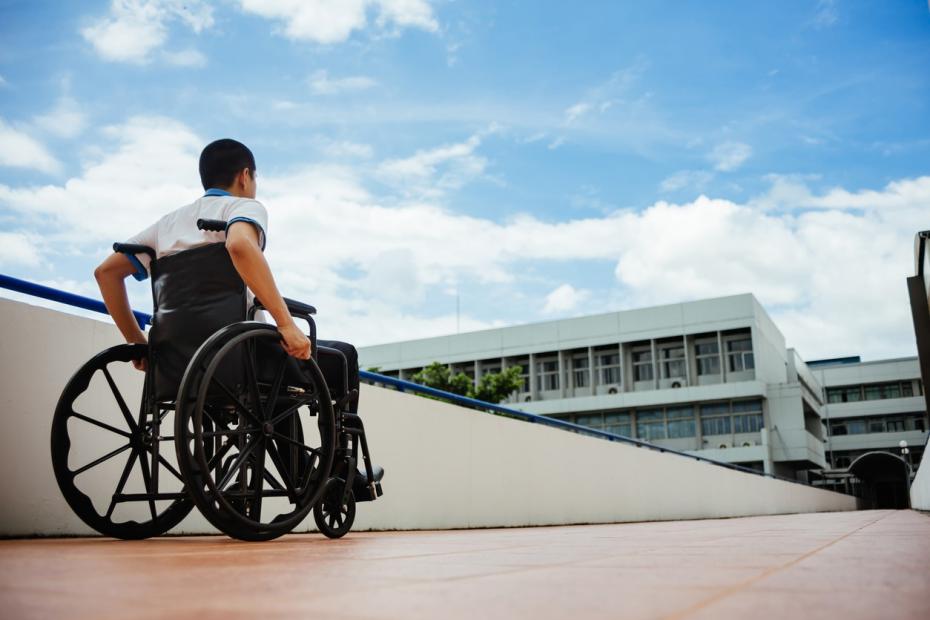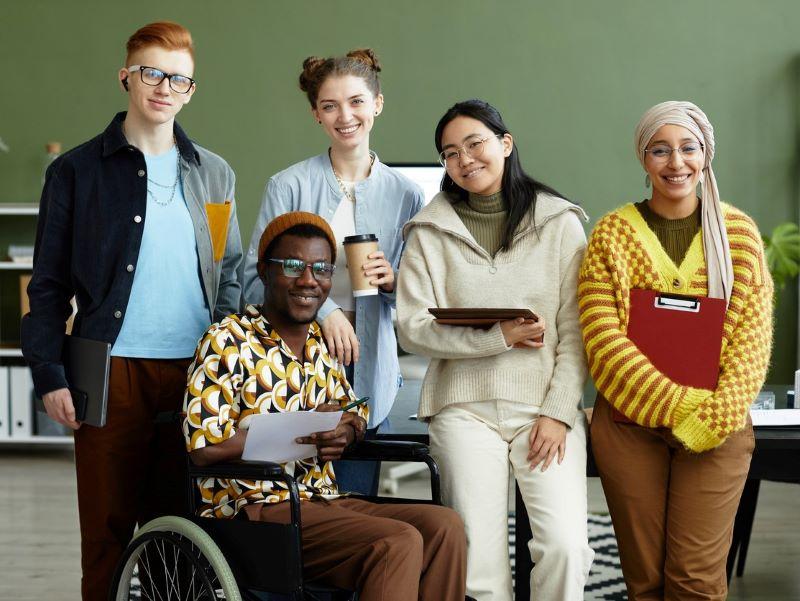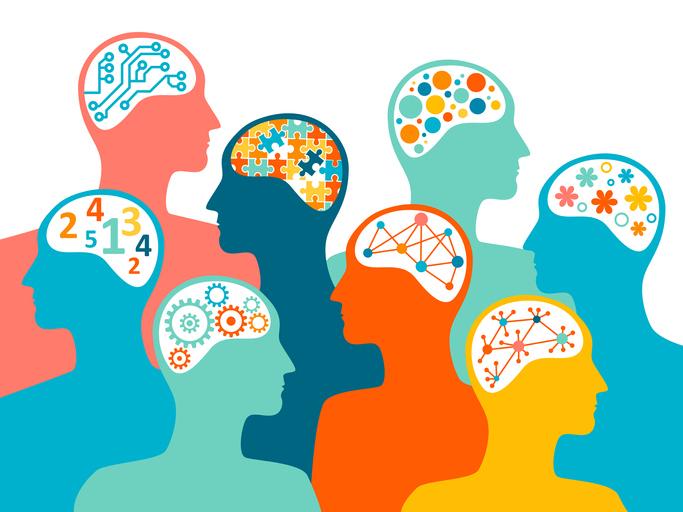
Get real about hiring people with disabilities
You may also like
Job descriptions for positions that influence disability outcomes and policy often target those with “experience working with people with disabilities” rather than the people themselves.
This comes out of the long-established trend for those with “lived experience” as carers of people with disabilities and medical practitioners to speak on behalf of those with disabilities. It makes some sense in the context of children or those who are unable to represent themselves. However, many people’s disabilities are not limiting to the point that they need conservatorships or other types of guardian. In fact, many people even within these situations are capable of representing themselves and can’t be judged based on the expectations of their disability.
So, with Australians with disabilities being less likely to be employed than their peers without disabilities, is it really good enough that positions with powers that directly affect our participation be kept for those who don’t have disabilities?
- Apply the social model of disability to HE: viewing inclusion as a social good
- What I’ve learned from a decade of working with a disability in academia
- How to improve digital accessibility at your institution
It’s time for those hiring for these positions to seek out people with disabilities.
The rhetoric that people with disabilities are incapable of thriving at and contributing to workplaces persists. This is true even in the context of those living and working in our universities. Yet Universities Enable, a sector-wide advisory group on disability, only counts people with disabilities within its membership. This group includes leaders with disabilities such as deputy-vice chancellors, professors and members of ministerial reference groups.
Then there are those who think we should exclude specific people or types of disability because of assumptions about their value and abilities. One example is the idea of excluding those with intellectual disability. However, we would argue that this view is short-sighted and misguided. Just look to the work of adjunct lecturer Julie Loblinzk, a campaigner with an intellectual disability who is heavily involved in advocacy for better inclusion of people with disabilities and making life choices. Her co-designed and co-produced research has made great progress in improving the rights of people with intellectual disabilities, especially within research. Others have also demonstrated their value to teaching and learning, as well as research and policy within our universities, such as the research assistants at the UQ Down syndrome project.
With this precedent, we ask how we can continue to justify the case that we can’t be included at every level.
Indeed, you would never hear that a job description required previous experience working with lesbians or any member of the LGBTQ+ community. Nor would you have someone who has a Korean adopted sister as a representative on a CALD (culturally and linguistically diverse) committee on that person’s behalf.
Here’s something for you, the reader, to think about: if you had someone representing you on such a level, would your parents or siblings be the most suitable candidates for the job? For some of you, the answer will be yes. But many will not feel they are truly understood by even close family members and will feel better connected to friends and community.
So why is this blanket OK for those with disabilities?
Of course, allies and supporters have a role. These people are valuable contributors to our communities, but should no longer be in a position of speaking for people with disabilities or taking roles that would help us achieve our goals of disability-led initiatives and solutions to the education and employment gap.
You might be wondering what this means for you. Maybe you’re a disability researcher on a funded project. Maybe you’re the champion of a programme that supports higher education students with disabilities. It may be confronting to have that position challenged after so long, and after all the good you have done to help our participation.
However, it is time for us as a society to move on to the next stage of inclusion and fully realise the goals of the UN Conventions on the Rights of Persons with Disabilities – “Nothing about us without us” – and even take that even further to “Nothing about us unless it is led by us”. All this time, you have been working towards further disability inclusion, and this is a vital step. We still need allies and supporters, those with skills and specialities that further our cause, those who have privileges and connections that we don’t yet have access to. We still need you.
However, the dynamic is changing and needs to change.
We need to shift from being protected and represented to being in control of our own destinies.
We need to stop asking for lived experience and asking for people with disabilities to fill roles.
We need to empower those with disabilities to step up into roles that will make a difference, for them and for the community.
We need people’s responses to discovery issues with those with disabilities to be: why don’t we hire that group to create an authentic and informed solution?
Paul Harpur is an ARC future fellow in the TC Beirne School of Law at the University of Queensland, an associate with the Harvard Law School Project on Disability and an international distinguished fellow with the Burton Blatt Institute in the College of Law at Syracuse University. Brooke Szücs is a research assistant in the TC Beirne School of Law and co-chair of the disability subcommittee at the University of Queensland.
Paul Harpur and Brooke Szücs are both university staff members with disabilities, leveraging their experiences with disabilities to advocate for and foster a culture of inclusivity. They actively engage in initiatives aimed at empowering universities to embrace their role as champions of disability rights and catalysts for positive change within their communities.
If you would like advice and insight from academics and university staff delivered direct to your inbox each week, sign up for the Campus newsletter.




